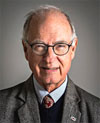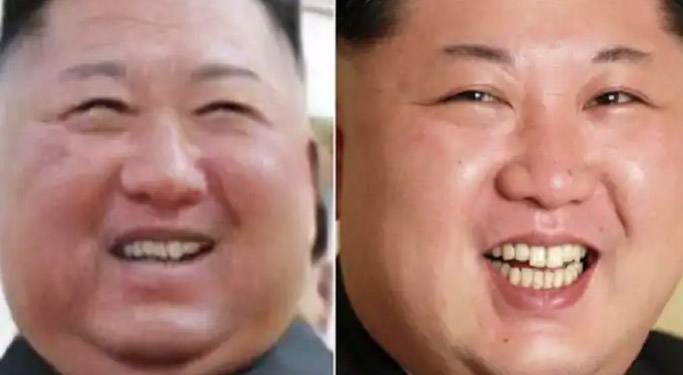Special to WorldTribune.com
 By Donald Kirk
By Donald Kirk
North Korean leader Kim Jong-Un has dodged a bullet, meaning the onslaught of speculation about whether he was dead or alive, ill or just avoiding the coronavirus.
It’s amazing how quickly and easily many of us were taken in by the initial report on the Daily NK, based on a single source in North Korea, that Kim had undergone a cardiovascular procedure and was now laid up in his villa.

Actually, there’s good reason to take Daily NK reports seriously. It’s staffed by defectors from North Korea, and they’re in touch with contacts inside the North via mobile phones on networks linked with China and maybe South Korea.
The problem is not that these contacts are worthless but rather that making up sensational false news is worth so much to them. It’s great to hear from people inside North Korea. Their stories, however, are not going to stand up knowing the story tellers are rewarded rather handsomely for their work.
Related: ‘All very suspicious’: An unhealthy Kim reappears, gunfire at the DMZ, May 3, 2020
Some of these stories are so good, it’s hard to resist repeating. The fact is, however, there’s absolutely no way to check them out. Or, to put it bluntly, they have about as much chance of being true as being false.
Which brings us to the problem of telling what the hell’s going on up there. Everyone who’s ever been to North Korea knows you’re accompanied by a minder and get to meet literally no one on your own. On a larger scale, North Korea reveals nothing beyond what the state media, led by Rodong Sinmun, the Workers’ Party paper, and the Korean Central News Agency and state broadcasts tell us.
Most obviously, those strictures mean we have no clear idea about the number of cases of the coronavirus in North Korea, much less any idea how many have died. We can only guess, from Kim’s call at his last appearance before the political bureau of the Workers’ Party on April 11 before he vanished for 20 days, only to show up at the elaborate dedication of a fertilizer plant, that North Korea has suffered severely.
Maybe we don’t need to know the numbers on North Korea, but it would help if South and North could share details on where the disease has broken out, what they’re doing about it and how to contain it. Considering that President Moon Jae-In’s ruling Democratic Party of Korea captured a big majority in the National Assembly elections on April 15, he has the authority to make that a priority while pressing for renewed North-South dialog.
As it happened, that day was also the 108th anniversary of the birth of Kim’s grandfather, the revered regime founder Kim Il-Sung. Grandson Kim Jong-Un’s failure for the first time ever to show up at the shrine containing Kim Il-Sung’s embalmed body along with that of his father, Kim Jong-Il, fueled the conversation about his health.
Rumors about Kim’s well-being are not going to cease just because he survived the gossip to live another day. Unless he goes on a crash diet and gives up smoking and drinking, he’s still a prime candidate for an early demise. The rumor mill is also going to be churning out endless reports on his successor, maybe his younger sister, Kim Yo-Jong, who looks a whole lot better standing nicely near or beside him wherever he goes.
Beyond reports, true or false, our own inimitable analyses, right or wrong, and wild guesses, what else is there to go on? Oh, that’s right, first-hand reports from defectors. They’ve provided a wealth of material on how awful conditions are up there, but they don’t know about power struggles among higher-ups.
The inside story also comes from those who’ve gone undercover in North Korea. One of the best in recent years was told by the author Suki Kim in her book, “Without You, There Is No Us: Undercover Among the Sons of North Korea’s Elite,” a first-hand account of her three-and-a-half months as a teacher at the Pohang University of Science and Technology.
That report offers special insights into life in North Korea. Unbelievably, however, she came in for criticism for having “lied” to get the job, for having betrayed confidences, and, maybe, for compromising some of those about whom she wrote.
It’s possible to appreciate the last point as reporters should not place contacts in a position to receive any kind of harm, but that’s not what upsets Suki Kim’s critics. Fact is, these pro-Northers don’t want the world to know how bad life up there really is. Otherwise, they fear, the rest of us would not be happy about the compromises and concessions that Kim, as long as he lives, will go on demanding in return for dishonored deals on denuclearization.
